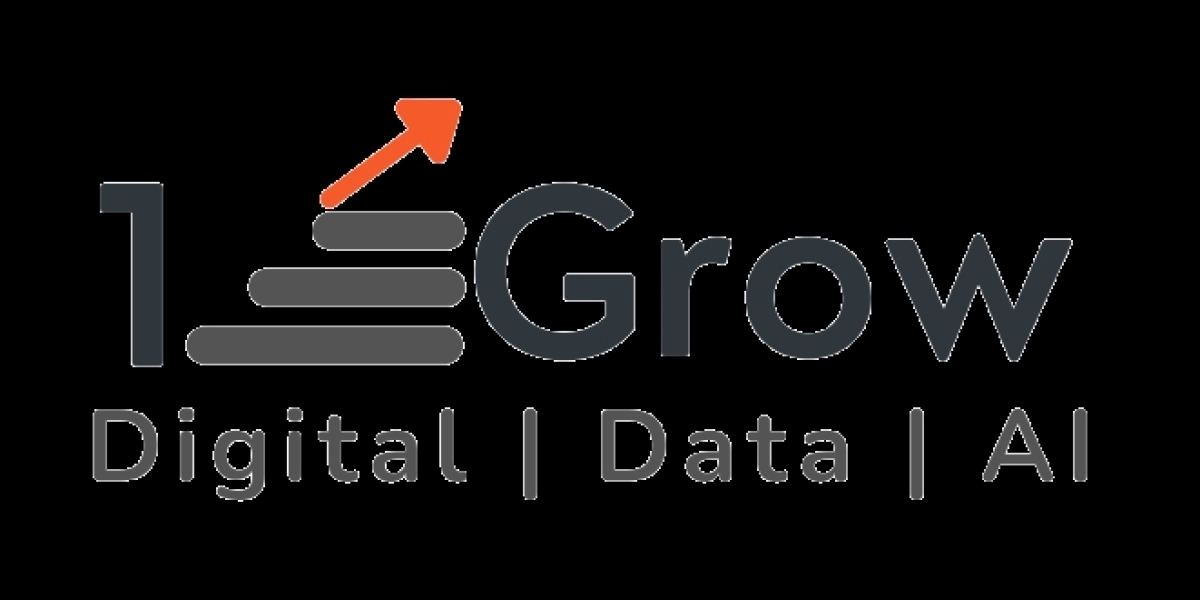Advanced Machine Learning and AI Techniques
Deep Learning: A subset of machine learning, deep learning utilizes neural networks with numerous layers (deep architectures) to analyze trends and patterns within data. Proficiency in deep learning frameworks such as TensorFlow and PyTorch is increasingly crucial as these techniques become integral to developing sophisticated AI applications, from natural language processing (NLP) to computer vision.
Reinforcement Learning: This area of machine learning, which focuses on how agents ought to take actions in an environment to maximize some notion of cumulative reward, is gaining traction. It’s pivotal in developing systems that improve autonomously over time, such as recommendation systems and autonomous vehicles.
Data Visualization and Communication
The ability to transform complex datasets into comprehensible visual narratives is more vital than ever. Tools like Tableau, Power BI, and advanced libraries in Python (e.g., Matplotlib, Seaborn, Plotly) are in high demand. Equally important is the data scientist's ability to communicate these insights effectively, bridging the gap between technical and non-technical stakeholders.
Cloud Computing and Big Data Technologies
Cloud services such as AWS, Google Cloud Platform, and Microsoft Azure have become the backbone of modern data infrastructure, offering scalable compute resources, storage, and advanced machine learning APIs. Skills in managing and analyzing big data using platforms like Apache Hadoop and Spark are also crucial, as they enable the processing of vast datasets that traditional data processing tools cannot handle.
Data Ethics and Privacy
As data science ventures further into sensitive territories, ethical considerations and privacy compliance (e.g., GDPR, CCPA) are becoming central to the conversation. Understanding the ethical implications of data usage, bias in AI models, and ensuring privacy through techniques such as differential privacy and federated learning, are emerging as essential skills for data professionals.
Specialized Domain Knowledge
Data science's impact is magnified when coupled with domain-specific knowledge. Whether it's fintech, healthcare, or e-commerce, understanding the industry’s nuances can significantly enhance the effectiveness of data-driven strategies and solutions. This specialization enables data scientists to not only tackle relevant problems but also innovate within the sector.
Quantum Computing
While still in its nascent stages, quantum computing is set to revolutionize data processing capabilities, particularly in fields requiring complex simulations and optimizations, such as cryptography, drug discovery, and climate modeling. Familiarity with quantum algorithms and principles may soon be a frontier skill for data scientists.
MLOps (Machine Learning Operations)
MLOps focuses on the lifecycle management of machine learning models, integrating ML systems into production environments efficiently and sustainably. Skills in continuous integration, delivery, and deployment (CI/CD) practices for machine learning projects are becoming crucial as businesses seek to streamline the transition from development to operational stages.
AutoML (Automated Machine Learning)
AutoML tools aim to automate the process of applying machine learning to real-world problems, making AI more accessible and reducing the barrier to entry for non-experts. Understanding and leveraging AutoML can significantly speed up model development and deployment processes.
Conclusion
The landscape of data science is one of constant change, driven by the rapid pace of technological advancements and an insatiable appetite for deeper, more actionable insights. For aspiring and current data scientists alike, keeping abreast of these trending skills is not just a pathway to individual growth but a commitment to pushing the boundaries of what's possible in this ever-expanding field. As we look forward, the fusion of technical prowess with ethical considerations, domain-specific knowledge, and an innovative mindset will define the next generation of data science professionals, poised to tackle the challenges of the future.
The best way to learn Data Science is to enroll in a professional Data Science training. E-learning platforms like 1stepGrow offers prominent courses such as Advance Data Science Course with guaranteed job referals. Further, if you are somebody who requires additional assistance to learn data science and if you are hailing from a non-IT background, the 1:1 mentorship at 1stepGrow can definitely help. Good luck!









